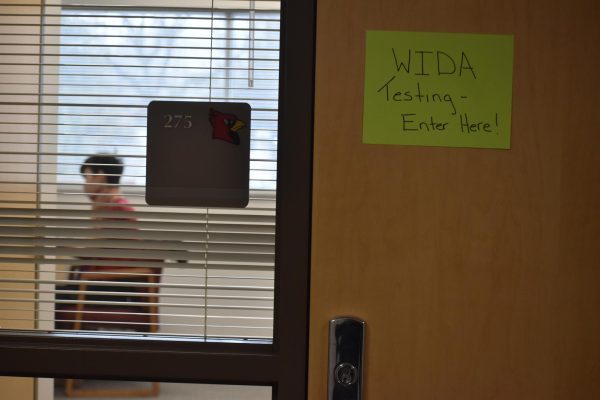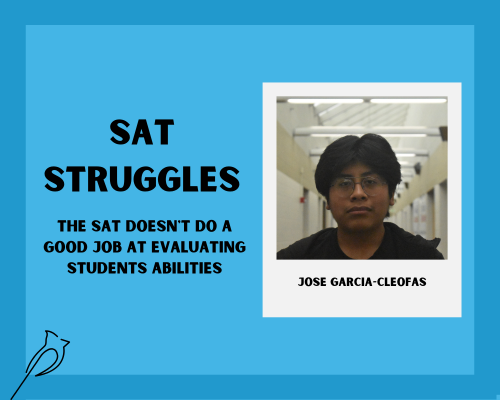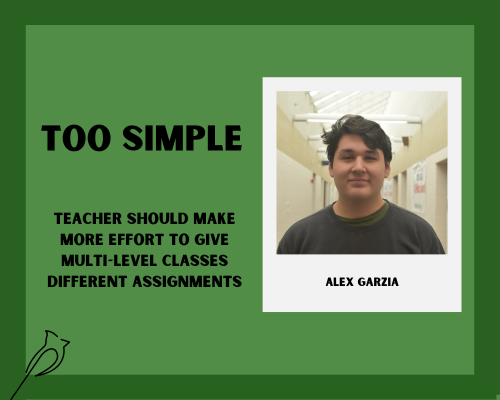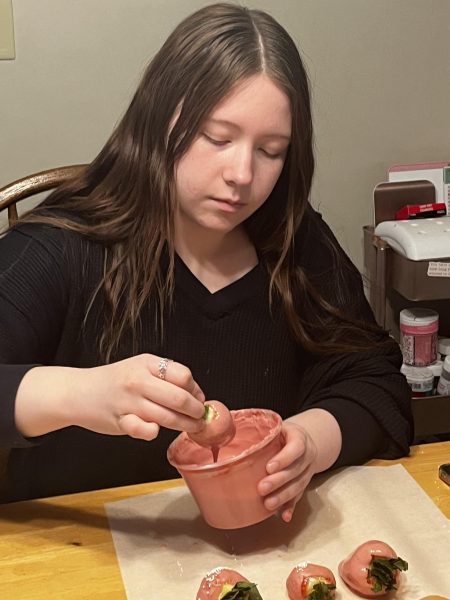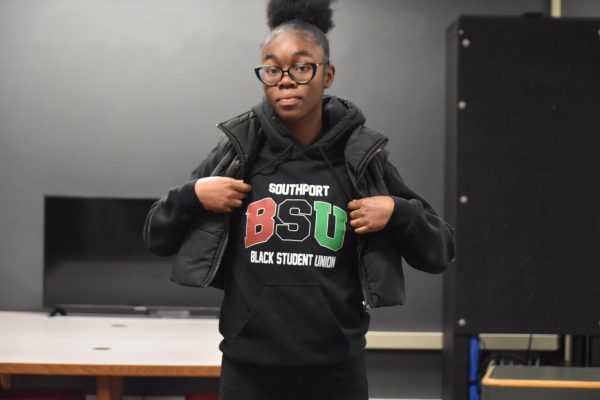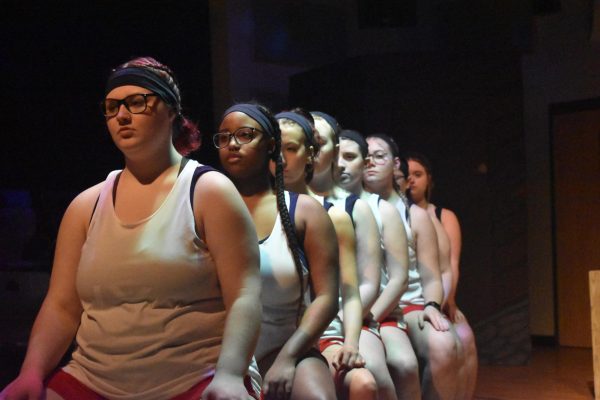In with the new
Staff and students react to iPass changes

Social studies teacher and cross country coach Nathan Fishel instructs his athletic iPass students on Aug. 9.
The athletic version of iPass is like a vitamin for students, according to social studies teacher and cross country coach Nathan Fishel. Although it will take a while for it to have an effect, he thinks it will make being a student athlete worthwhile. In addition to this new version of iPass, other changes have been made to the period overall.
According to Assistant Principal Andrew Ashcraft, the iPass classes have been reorganized based on grade level and last name so guidance counselors can better interact with their students. Administration sees this new process as an opportunity to further help students succeed.
Ashcraft is hopeful that this adjustment will be valuable in the long run.
“We made the iPass change to better serve the students…,” Ashcraft said. “And (to) get the right (information) to the
right (students).”
Now that the iPass classes have been revised, this allows the first 20 minutes to be used by counselors. They hope this will help counselors familiarize themselves with their students and give them information they need. As a result, silent sustained reading is no longer part of iPass.
Along with the change in iPass setup, Ashcraft says that the beginning 20 minutes may be used for lessons to teach students about the culture and values of SHS. He describes these as integrity, perseverance, a sense of community, social conscience, service and responsibility for growth.
Freshman Lawson Shields likes iPass because he feels the team-building exercises and inspirational videos that are given to him and his peers will be beneficial.
“It gives kids more encouragement,” Shields said.
On top of these changes for all iPass classes, specialty iPass classes for student athletes have been made. These athletic iPass classes are taught by different sports coaches and are made up of more than 250 junior and senior varsity athletes.
According to Fishel, who has an athletic iPass, the first 20 minutes will consist of watching or doing something pertaining to athletics. This will be followed by discussion that can lead to more engaged and involved students.
“Hopefully, (iPass) is a time to reflect, appreciate and build upon (athletics) and take something for your life,” Fishel said.
Although staff members are hopeful, some students aren’t on board. Junior and soccer player Kendall Henderson feels that she doesn’t understand what the athletic iPass is supposed to do for her and other student athletes. Henderson also thinks that this change creates too much separation.
“I think separating the athletes from everybody else is almost like favoritism,” Henderson said.
In the future, though, there is potential for specialty iPass classes for other school organizations. Ashcraft says it all depends on the numbers and commitment of
the organization.

Hey, y’all. It’s Elizabeth Valadez, and this year I’m back for my third and final year as The Journal’s Editor-In-Chief. I also play the clarinet,...




